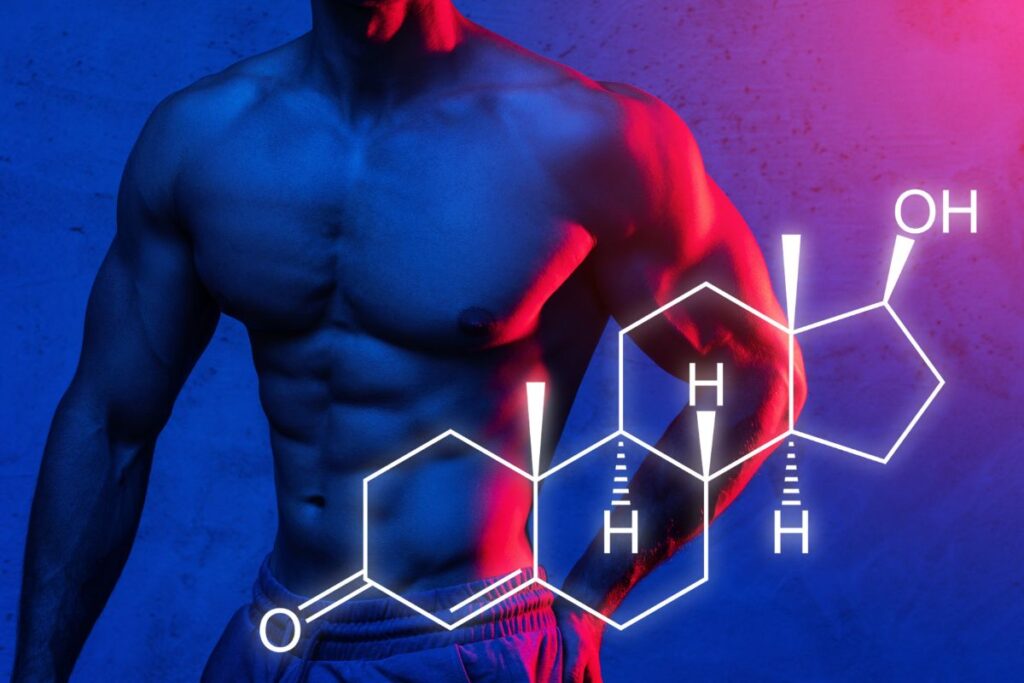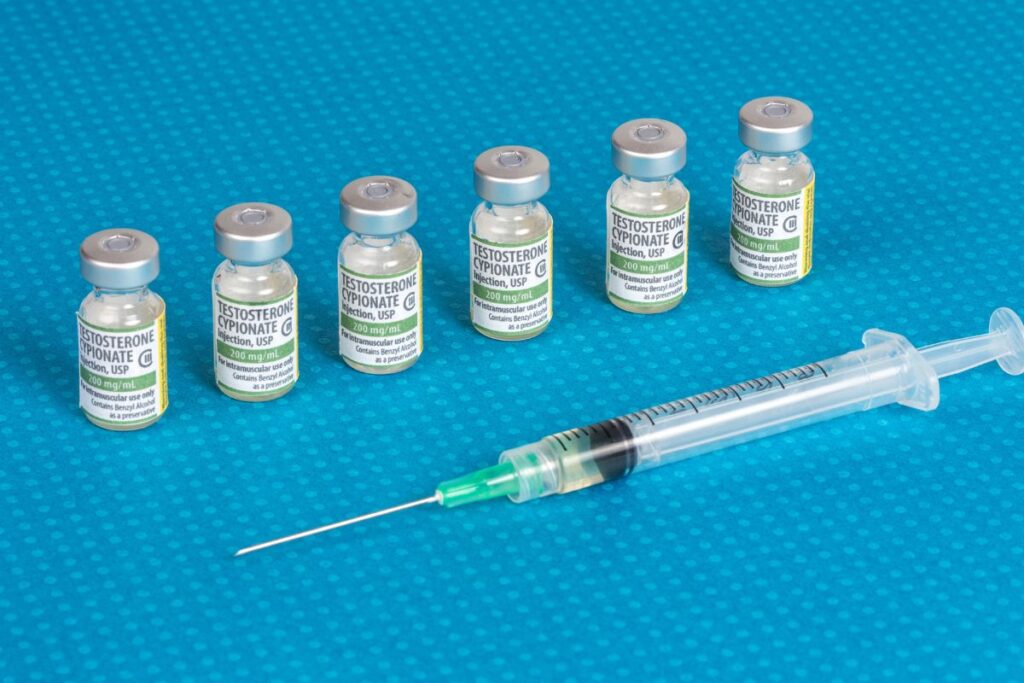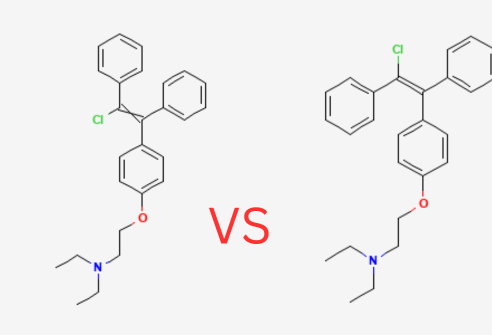No—testosterone does not increase height in adults beyond the natural growth phases experienced during puberty.
Height is primarily determined by genetic factors and the growth patterns established during adolescence, particularly through the closure of growth plates in bones.
While testosterone plays a crucial role in various aspects of male development and health, its influence on height is limited to the growth periods of puberty.
Understanding this distinction is essential for individuals considering testosterone therapy and seeking to manage symptoms of low testosterone effectively.
IIf you are interested in learning more about our online TRT options, click here.

Understanding Testosterone
Testosterone is a hormone primarily produced in the testes of males and in smaller amounts in the adrenal glands. It plays a pivotal role in various aspects of male development, including the growth of muscle mass, bone density, and the deepening of the voice during puberty. Beyond these physical changes, testosterone also affects mood, libido, and overall energy levels throughout life.
Factors Affecting Height
Height is primarily determined by genetic factors inherited from parents. These genes influence the growth of long bones and the closure of growth plates during adolescence. Growth plates, also known as epiphyseal plates, are areas of growing tissue near the ends of long bones where growth in length occurs. Once these plates close, usually by the end of puberty, the bones can no longer grow longer.
The Science Behind Testosterone and Growth
During puberty, testosterone contributes to the growth and development of bones and muscles. It stimulates the production of growth hormone, which in turn stimulates the growth plates to increase bone length. However, once puberty ends and growth plates close, the potential for increasing height naturally diminishes significantly.

Testosterone Therapy: Purpose and Benefits
Testosterone therapy, often recommended for men with low testosterone levels (hypogonadism), aims to restore testosterone to normal levels. At Empower Men’s Clinic, testosterone therapy is tailored to each individual’s needs, focusing on improving overall health, vitality, and quality of life. While therapy primarily addresses symptoms like fatigue, low libido, and muscle loss, some individuals wonder if it can also affect height.
Studies and medical experts agree that while testosterone therapy can lead to increases in muscle mass, bone density, and overall strength, it does not extend to increasing height beyond what would have been achieved during natural growth phases in adolescence. Therefore, individuals seeking testosterone therapy at Empower Men’s Clinic should understand that the primary goals are to alleviate symptoms of low testosterone and improve overall well-being rather than to increase height.
Who Can Benefit from Testosterone Therapy?
The ideal candidates for testosterone therapy at Empower Men’s Clinic are men experiencing symptoms of low testosterone, such as decreased libido, fatigue, irritability, and reduced muscle mass. These symptoms often indicate a deficiency that can be effectively managed with therapy under the supervision of qualified healthcare providers.
Consultation Process at Empower Men’s Clinic
Seeking testosterone therapy at Empower Men’s Clinic involves a comprehensive consultation where medical professionals evaluate symptoms, conduct necessary tests, and develop personalized treatment plans. This approach ensures that each client receives tailored care focused on addressing specific health needs and goals.
FAQ
Do Push-Ups Increase Testosterone?
While push-ups and maintaining a healthy lifestyle can contribute positively to overall health, including hormonal balance, it’s important to understand that the impact on testosterone levels can vary significantly among individuals. Push-ups and other forms of exercise promote general fitness, which is beneficial for maintaining optimal testosterone levels as part of a healthy lifestyle. However, the direct effect of push-ups alone on testosterone levels is minimal compared to other factors such as diet, sleep, and genetics.
Can I Still Get Pregnant If My Husband Is Taking Testosterone?
Yes! Even though your husband is taking testosterone, he can still impregnate you. However, testosterone injections can lead to a decrease in sperm count because the external testosterone can signal the body to reduce its own production of testosterone and, consequently, sperm.

Get Started Today With Empower
Ready to take charge of your health and vitality? At Empower Men’s Clinic, we specialize in personalized testosterone therapy tailored to your unique needs. Whether you’re experiencing symptoms of low testosterone or seeking to optimize your overall well-being, our experienced team is here to help. Schedule a consultation today to discover how testosterone therapy at Empower Men’s Clinic can improve your energy, mood, and quality of life. Take the first step towards a healthier, more vibrant you—contact us now to get started on your journey to better health.

